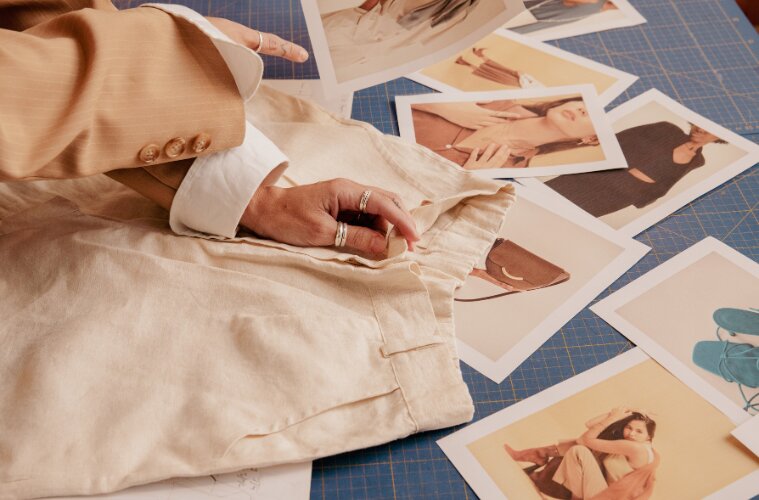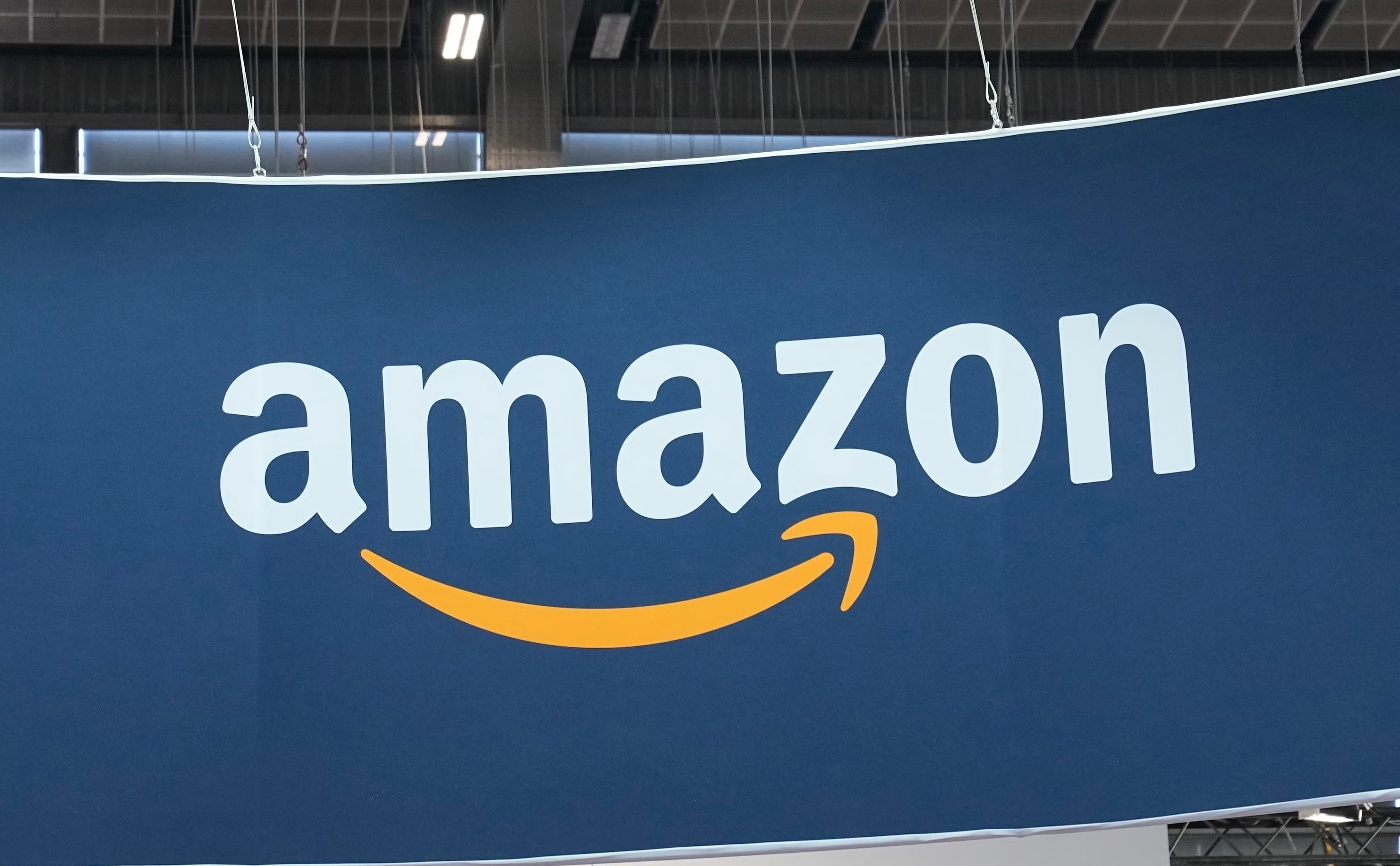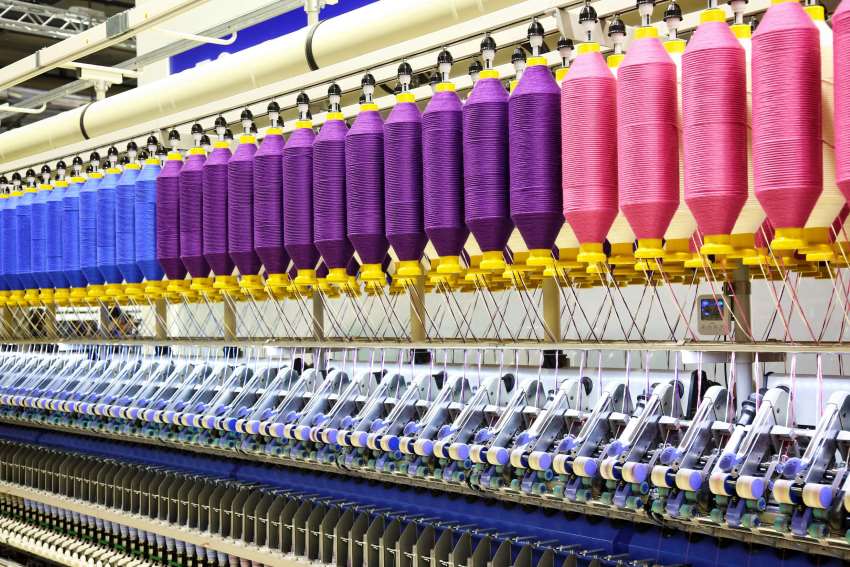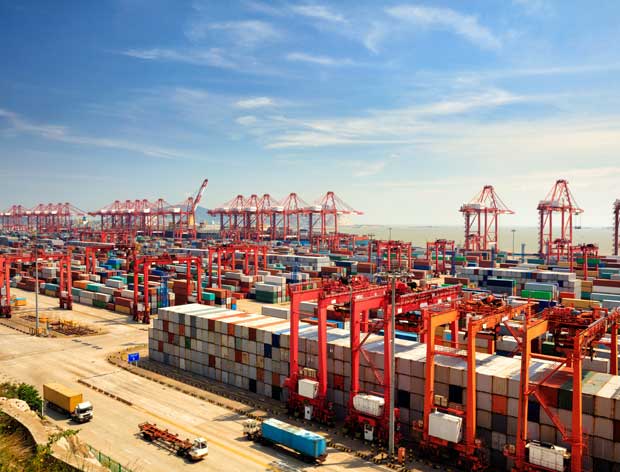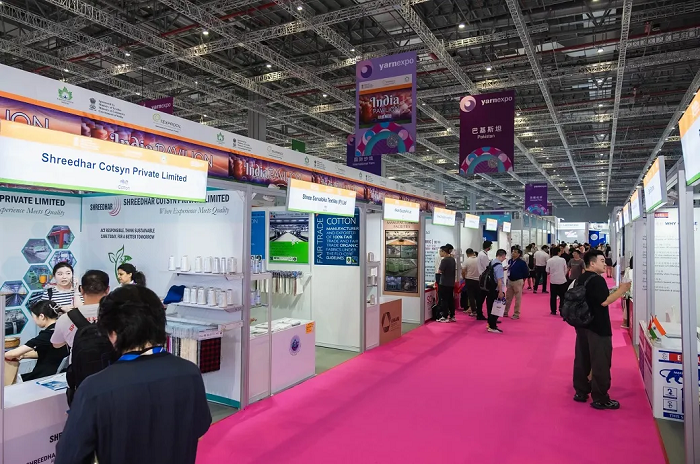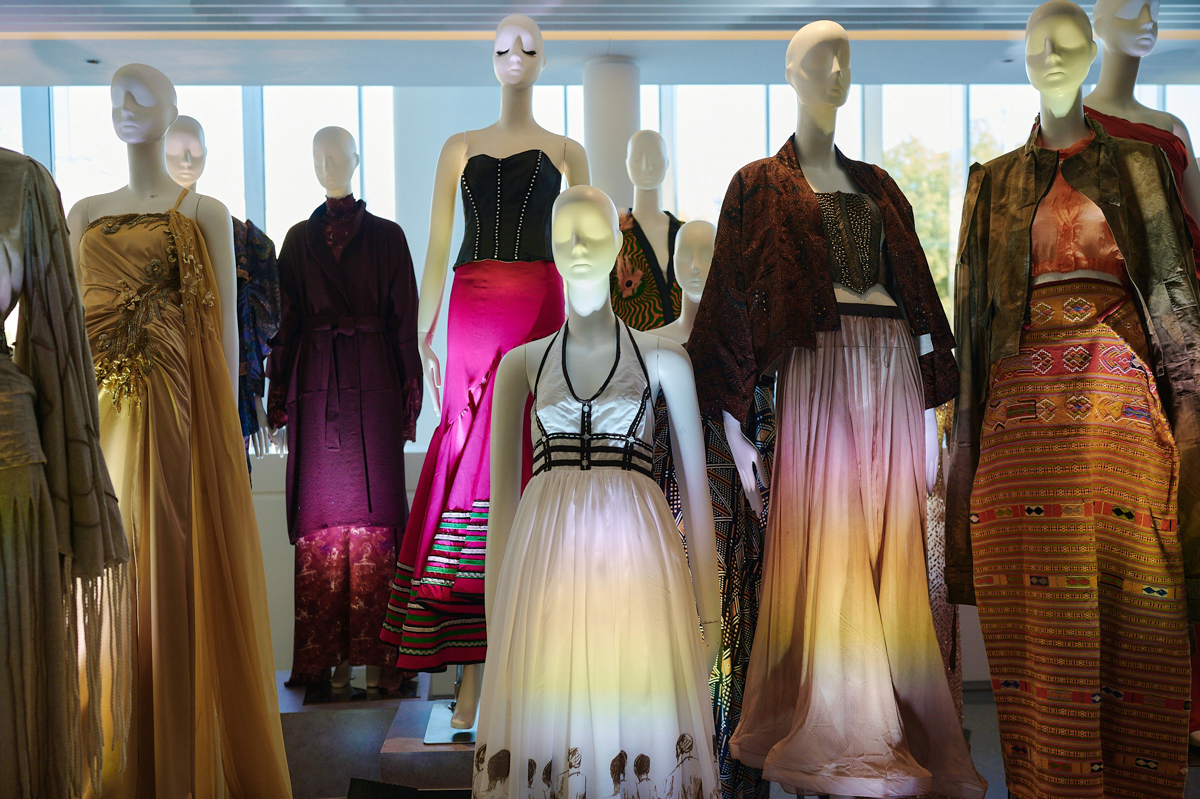FW
Of the 145 textile units at Pandesara in Surat, none has adequate provisions for fire safety. No mill has been adequately equipped with fire safety provisions. Notices will be issued to all of them and asking them to comply with fire safety norms. There are about 350 textile mills located in the city and nearby areas of Palsana and Kadodara. These textile mills employ about three lakh workers and their monthly turnover is pegged at about Rs 1,800 crores. The lives of lakhs of workers are at risk due to weak structures and no fire safety provisions.
Major industries spend around eight per cent on corporate social responsibility and also on lavish layout for their own units. However, other textile mills are run under tin-sheds and have concrete walls and temporary supports. These textile mills dump their finished products and raw materials in semi-open shades, which is a recipe for fire disaster.
The recent instruction of the Gujarat Pollution Control Board about chimneys to mills has helped bring down air pollution marginally. In the last few months, notices have been issued to at least 36 textile mills for causing air pollution. They comply with law for a few days and then again turn to their old practices.
Luxury brands are expanding their range in menswear with big fashion houses including French conglomerates LVMH and Kering hiring eye-catching designers and investing in male attire. For example, Louis Vuitton recently launched a collection by its new DJ-turned-designer Virgil Abloh.
There's strong demand for menswear in all its shapes and forms, and which comes in part from a younger clientele. Louis Vuitton recently generated 5 to 7 per cent of its revenue from menswear. Market research firm forecasts men's lines will outperform women's between 2017 and 2022, with sales expanding by a compound annual growth rate of 2 percent. The US department store is also launching newer menswear-focused labels like France's Ami, or Off-White, the streetwear brand founded by Vuitton's Abloh. This is due to men placing a greater emphasis on their appearance, fuelled by the rise of social media, and dress codes for men softening globally.
The Federation of Indian Art Silk Weaving Industry (FIASWI) has sought various duty cuts on man-made filament yarn, fibre and fabric from the government. It seeks imposition of additional customs duty on silk fabrics imported from Vietnam to provide a level-playing field to Indian manufacturers.
It has also sought reduction of customs duty on all man-made fibre and filament yarn which are not manufactured in India. Recently, the FIASWI submitted a memorandum to textile minister Smriti Irani in New Delhi through Surat MP Darshana Jardosh demanding imposition of 10 per cent duty on fabrics imported from Vietnam.
The FIASWI has also raised the issue of input tax credit (ITC) refund with the minister stating that non-refund of accumulated ITC is resulting in losses to the industry and drastic reduction in capital investment for machine modernization. FIASWI says, there is GST of 5 per cent on fabrics manufactured in India, while imported silk fabrics have zero duty. As compared to the fabrics made in India the imported silk fabrics are cheaper by Rs 45 per metre.
Egypt’s readymade garment exports increased 12 per cent in the first five months of the current year compared to the same period in 2017. Exports to the US also went up by 12 per cent. Garment exports to Europe rose by 16 per cent. But as for garment exports to Arab countries, they dropped by 16 per cent.
Egypt’s garment exports are mainly to the US, Turkey, Spain, Britain, North Ireland, Germany, Italy, France, Saudi Arabia, Belgium and the Netherlands. Egypt wants to have stronger trade relations with Africa. Steps include taking part in international exhibitions in the African continent and setting up an Egyptian-African free trade zone.
Egypt’s main exports to Africa are engineering industries, pharmaceuticals, chemical garments, food industries, and construction materials. Egypt wants to increase exports to the African continent by 35 per cent in 2017. The main countries Egypt is interested in are Kenya, Zambia and Ivory Coast. However, working to make Egypt a leading international trade center in the Middle East requires work to increase the capacities of Egyptian ports in order to attract more container ships as well as working on the development of logistics capabilities and infrastructure to support this trend.
Beijing has begun to downplay Made in China 2025, the state-backed industrial policy as it has provoked alarm in the West and is core to Washington's complaints about the country's technological ambitions. The policy, unveiled by China's State Council in 2015, involves China catching up with rivals in sectors including robotics, aerospace, clean-energy cars and advanced basic materials. The strategy helps China to move up the value chain and achieve Xi's vision of urning the country into a global superpower by 2050.
But the policy has provoked the Trump team, including US Trade Representative Robert Lighthizer and trade and manufacturing adviser Peter Navarro, author of the book “Death by China.” Trump's initial list of tariffs on $50 billion in Chinese goods, which will begin taking effect on July 6, specifically targets items related to Made in China 2025. Under the plan, Beijing wants Chinese suppliers to capture 70 percent of market share by 2025 for “basic core components and important basic materials” in strategic industries.
The cotton industry in Australia is on track to produce about 4.6 million bales or over a million tons of fiber. Cotton prices are particularly attractive but plantings are likely to be significantly down due to water shortage. Next season there could be a crop of around 2.2 million bales, 50 per cent down on last year.
A lot of winter crop hasn’t gone in. The northern areas are hitting the last available date for planting cereals. So, some of that country may be put to summer crops, especially if there is rain in August. So sorghum and dry land cotton are on a lot of people’s minds.
Cotton production in the Murrumbidgee and Murray valleys of southern New South Wales has hit a record 8,00,000 bales, with 53 new growers joining the region’s existing cohort of 110 to grow a record area of 72,000 hectares. The average yield for this all-irrigated area was around 11 bales per hectare.
There are plenty of new growers sending cotton to the gins this year. The shift has been due largely to the high cost of irrigation water.When the price of water goes up, the margin is worse on rice, and that makes cotton look better, especially when the price of cotton is high.
Japanese retail giant Aeon will shift sourcing from China to Vietnam. Reason: rising production costs in China. Aeon’s apparel is nearly 70 per cent from Vietnam and will increase the value of goods procured from Vietnam over the past years to a whopping $200 million.
Aeon Retail, incorporated in 1986, owns and operates general merchandise stores and supermarkets in Japan. Aeon is switching from existing acousto-magnetic electronic article surveillance systems for Checkpoint Systems’ radio frequency identification RF EAS systems to improve inventory management and the shopping experience. Aeon Retail will also pioneer Checkpoint’s RFID robot prototype to automate the in-store inventory cycle-counting process so it can improve inventory visibility and enhance shopper experience.
Shopping at Aeon means beautifully displayed products, immaculate shopping areas and reasonable prices. The retail chain recently held a conclave of 120 companies in Vietnam as a part of the supplier chain meeting. It called for joint development of apparels and other products that are sourced from Vietnam. In turn Vietnam’s suppliers hope Aeon would help in boosting the country’s exports by introducing many more Vietnamese products.
"After China, European Commission is also prepping for retaliatory tariff on US products. The EU placed additional duties on €2.8 billion ($3.2 billion) worth of US goods, adding that it will subject €3.6 billion ($4.2 billion) of American products to high tariffs ‘at a later stage’ — either ‘in three years' time or after a positive finding in a WTO dispute settlement.’ As per European Commission's estimates, EU steel and aluminum exports affected by the US measures were worth €6.4 billion ($7.45 billion). In March 2018 the Trump administration signaled the imposition of 25- and 10-per cent tariffs on steel and aluminum, respectively. The tax hike was imposed to Europe on June 1."
 After China, European Commission is also prepping for retaliatory tariff on US products. The EU placed additional duties on €2.8 billion ($3.2 billion) worth of US goods, adding that it will subject €3.6 billion ($4.2 billion) of American products to high tariffs ‘at a later stage’ — either ‘in three years' time or after a positive finding in a WTO dispute settlement.’ As per European Commission's estimates, EU steel and aluminum exports affected by the US measures were worth €6.4 billion ($7.45 billion). In March 2018 the Trump administration signaled the imposition of 25- and 10-per cent tariffs on steel and aluminum, respectively. The tax hike was imposed to Europe on June 1.
After China, European Commission is also prepping for retaliatory tariff on US products. The EU placed additional duties on €2.8 billion ($3.2 billion) worth of US goods, adding that it will subject €3.6 billion ($4.2 billion) of American products to high tariffs ‘at a later stage’ — either ‘in three years' time or after a positive finding in a WTO dispute settlement.’ As per European Commission's estimates, EU steel and aluminum exports affected by the US measures were worth €6.4 billion ($7.45 billion). In March 2018 the Trump administration signaled the imposition of 25- and 10-per cent tariffs on steel and aluminum, respectively. The tax hike was imposed to Europe on June 1.
Commissioner for Trade Cecilia Malmström reiterated the rules of international trade, which EU has developed over the years hand in hand with its American partners, cannot be violated without a reaction from their side. EU’s response is measured, proportionate and fully in line with WTO rules. If the US removes its tariffs, its measures will also be removed.
over the years hand in hand with its American partners, cannot be violated without a reaction from their side. EU’s response is measured, proportionate and fully in line with WTO rules. If the US removes its tariffs, its measures will also be removed.
EU-US trade ties
As per Eurostat, the US was the largest partner for EU exports in 2017 and the second largest for the bloc's imports. At the same time, Germany emerged as the largest exporter to the US among EU member states. Between 2008 and 2017, the EU had a trade surplus with the US peaking at €122 billion ($142 billion) in 2015 and falling to €120 billion ($139.7 billion) in 2017. When it comes to EU exports to the US, which totaled €376 billion ($435 billion) in 2017, €6.4 billion ($7.45 billion) in tariff-hit goods pale in significance. Vice versa, €2.8 billion ($3.2 billion) worth of US goods subjected to EU duties stand nowhere near total US exports to the bloc, which amounted to €256 billion ($297.8 billion).
The EU’s major exports to the US comprise of machinery, packaged medicine, vehicles and medical and pharmaceutical equipment not targeted by the Trump administration's tariff spree. Germany, which accounted for 30 per cent of all EU exports to the US in 2017, views North America as its largest single export market for cars.
In line with other countries, Mexico also applied additional tariffs on $3 billion worth of US goods in early June, while India notified Washington on June 22 that it will impose higher tariffs on a number of products imported from the US, including agricultural products and industrial inputs, from August 4. Looking at the prevailing scenario, Gerry Rice, director of communications, IMF, stated that everybody loses in a protracted trade war, IMF encourages countries to work constructively together to reduce trade barriers and to resolve trade disagreements without resort to exceptional measures.
"Tola Moeun, Director, Central Cambodia, an NGO involved in the research, points out abuse was a daily reality for female workers driven to meet unrealistic targets in H&M and Gap’s supply chains. Most cases are not reported due to fear of retaliation. Jennifer Rosenbaum, US director of Global Labour Justice, says the industry must understand gender-based violence as an outcome of the global supply chain structure. H&M and Gap’s fast fashion supply chain model creates unreasonable production targets and underbid contracts, resulting in women working unpaid overtime and working fast under extreme pressure. Unions and many governments agree an ILO convention on gender-based violence is essential, although there is still opposition from some employers."
 Fast fashion companies are increasingly being challenged for the pathetic working conditions for women especially in Asian countries. Unions and right groups have claimed that pressure to meet fast fashion deadlines is leading to women working in factories across Asia supplying Gap and H&M being sexually and physically abused. More than 540 workers at factories that supply the two retailers have described incidents of threats and abuse, says a recent report by Global Labour Justice on gender-based violence in Gap and H&M’s garment supply chains. The coalition has investigated factories for several years as efforts mount to push Western brands into improving safety along their supply chains and render them slave-free. These allegations, recorded between January and May this year in Bangladesh, Cambodia, India, Indonesia and Sri Lanka, are a direct result of pressure for quick turnarounds and low overheads.
Fast fashion companies are increasingly being challenged for the pathetic working conditions for women especially in Asian countries. Unions and right groups have claimed that pressure to meet fast fashion deadlines is leading to women working in factories across Asia supplying Gap and H&M being sexually and physically abused. More than 540 workers at factories that supply the two retailers have described incidents of threats and abuse, says a recent report by Global Labour Justice on gender-based violence in Gap and H&M’s garment supply chains. The coalition has investigated factories for several years as efforts mount to push Western brands into improving safety along their supply chains and render them slave-free. These allegations, recorded between January and May this year in Bangladesh, Cambodia, India, Indonesia and Sri Lanka, are a direct result of pressure for quick turnarounds and low overheads.
Tola Moeun, Director, Central Cambodia, an NGO involved in the research, points out abuse was a daily reality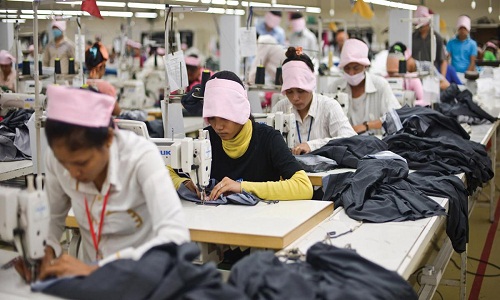 for female workers driven to meet unrealistic targets in H&M and Gap’s supply chains. Most cases are not reported due to fear of retaliation. Jennifer Rosenbaum, US director of Global Labour Justice, says the industry must understand gender-based violence as an outcome of the global supply chain structure. H&M and Gap’s fast fashion supply chain model creates unreasonable production targets and underbid contracts, resulting in women working unpaid overtime and working fast under extreme pressure. Unions and many governments agree an ILO convention on gender-based violence is essential, although there is still opposition from some employers.
for female workers driven to meet unrealistic targets in H&M and Gap’s supply chains. Most cases are not reported due to fear of retaliation. Jennifer Rosenbaum, US director of Global Labour Justice, says the industry must understand gender-based violence as an outcome of the global supply chain structure. H&M and Gap’s fast fashion supply chain model creates unreasonable production targets and underbid contracts, resulting in women working unpaid overtime and working fast under extreme pressure. Unions and many governments agree an ILO convention on gender-based violence is essential, although there is still opposition from some employers.
Debbie Coulter, Ethical Trading Initiative (ETI) explains these allegations are deeply concerning. Gender-based violence is unacceptable under any circumstances, and brands need to make sure that women working in their supply chain are protected. ETI expects H&M and Gap to investigate these allegations, and work with supplier factories so that affected women get swift remedy.
Companies’ stance
Meanwhile, taking a stern stand, H&M says all forms of abuse or harassment is against everything that H&M stands for. Violence against women is one of the most prevalent human rights violations. Gender-based violence makes women all around the world suffer daily and undermines their health, dignity and security. This is why the company welcomes any initiative strengthening human rights of women at work, such as international convention against gender-based violence in workplace being discussed within the ILO. The company intends to go through every section of the report and follow-up on factory level with our local teams based in each production country.
Gap claims to be deeply concerned about the allegations and is now conducting due diligence to investigate and address these issues. Its official communication states that it is committed to making sure that the people who make clothes work in safe conditions and are treated with respect. Gap has consolidated supplier base to focus on partners that share the same values and goals, and an increasing number of factories it sources from are audited by ILO’s Better Work programme. Its Code of Vendor Conduct, which closely aligns with its environmental and human rights policies, prohibits any form of discrimination. The brand conduct assessments of its branded apparel suppliers on a regular basis to ensure compliance, and when they encounter any discriminatory or retaliatory practices in their supply chain, they make sure that their suppliers promptly remediate the situation.
"Malaysia’s trade policies and agreements need to be reviewed urgently. But, they have not received the attention they deserve because a trade minister has not yet been appointed. There was a lot of discontent amongst the public when Malaysia signed the Trans-Pacific Partnership Agreement (TPA). But soon Trump assumed office and the US pulled out of the treaty. The agreement then had to be reworked by the remaining 11 countries. The new agreement, now known as CPTPP (Comprehensive and Progressive Agreement for Trans-Pacific Partnership) has also been signed by Mayasia."
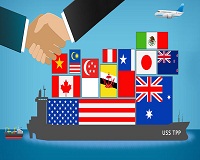 Malaysia’s trade policies and agreements need to be reviewed urgently. But, they have not received the attention they deserve because a trade minister has not yet been appointed. There was a lot of discontent amongst the public when Malaysia signed the Trans-Pacific Partnership Agreement (TPA). But soon Trump assumed office and the US pulled out of the treaty. The agreement then had to be reworked by the remaining 11 countries. The new agreement, now known as CPTPP (Comprehensive and Progressive Agreement for Trans-Pacific Partnership) has also been signed by Mayasia.
Malaysia’s trade policies and agreements need to be reviewed urgently. But, they have not received the attention they deserve because a trade minister has not yet been appointed. There was a lot of discontent amongst the public when Malaysia signed the Trans-Pacific Partnership Agreement (TPA). But soon Trump assumed office and the US pulled out of the treaty. The agreement then had to be reworked by the remaining 11 countries. The new agreement, now known as CPTPP (Comprehensive and Progressive Agreement for Trans-Pacific Partnership) has also been signed by Mayasia.
Lack of transparency and liberty
Much like its predecessor, the CPTPP too proposes to setting up an investor-state dispute settlement (ISDS)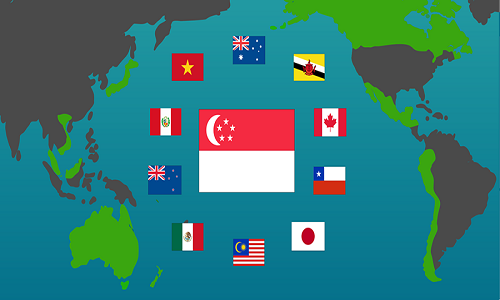 system, whereby foreign investors can sue the government in international tribunals in case of unfair treatment or loss of future profits due to a change in government policies. But there is a high probability of the system being misused by foreign investors who might claim to have received unfair treatment from the member countries. Countries such as Indonesia, India and South Africa have therefore, pulled out of their treaties.
system, whereby foreign investors can sue the government in international tribunals in case of unfair treatment or loss of future profits due to a change in government policies. But there is a high probability of the system being misused by foreign investors who might claim to have received unfair treatment from the member countries. Countries such as Indonesia, India and South Africa have therefore, pulled out of their treaties.
Secondly, the agreement restrains local industry and markets with foreign firms and contractors of CPTPP countries being awarded projects at lower costs resulting in loss of business for local companies. Thirdly, state-owned enterprises should be phased out so that the local companies obtain more market share in the domestic industry.
Loss of local markets
The CPTPP also requires Malaysia to sign an international treaty, UPOV 1991, under which Malaysian farmers would be obliged to pay for the seeds they use if these are protected, instead of being able to save their own seeds to plant in the next season. This would increase costs for farming, and it would also overthrow the existing good Protection of New Plant Varieties Act.
Since Malaysia has to reduce all its tariffs to zero, local firms and farmers will face stiff competition from cheaper imports, and a number may lose market share or even close. Given the serious issues involved, it is wise for the government to review its participation in the CPTPP.
Meanwhile, the 18 changes to the laws that are being prepared to enable the country to implement the CPTPP should be withheld as Malaysia is currently negotiating many other trade agreements, including the Asian regional treaty RCEP (Regional Comprehensive Economic Partnership), and a Malaysia-European Union FTA. These should also be reviewed.
Need to review policies
Meanwhile, Malaysia should assess the implications of its proposals in current negotiations to introduce new topics like e-commerce and domestic regulations, and take positions accordingly. As trade negotiations are no longer just about trade per se, it is important for a review to be made on trade agreements and negotiations from a strategic perspective that includes development policy overall, industrial development, services, agriculture, the interests of local firms and farmers, the rights of consumers and workers, jobs and livelihoods, and healthcare costs.
Decisions on whether to sign the agreement should be the concern of a high level inter-ministerial committee or council, preferably chaired by the Prime Minister instead of being left to one or a few ministries alone. Moreover, decision making process should also involve the parliament and state governments.



